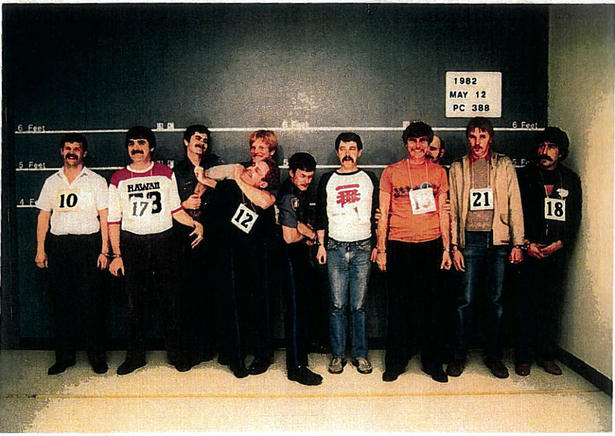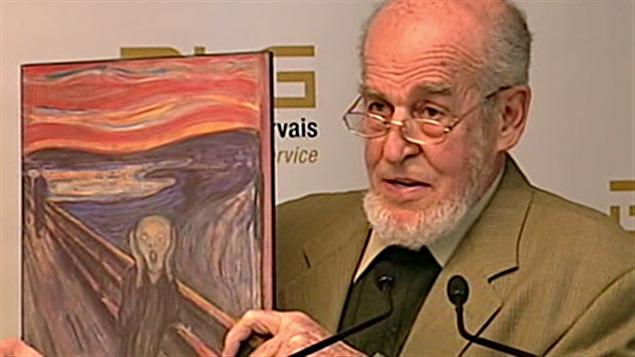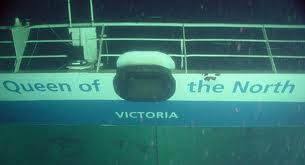
Appeal in police beating of innocent man begins today
January 30, 2013 in News, Opinion
The Police Complaint Commissioner’s appeal of the lower court decision quashing a public hearing into the complaint concerning the conduct of two Vancouver police officers begins today. VPD constables Nicholas Florkow and Bryan London were responding to a complaint in the early morning hours of January 21, 2010 when they went to the wrong address. They awakened resident Yao Wei Wu, then 44, from his slumber and badly injured him after he opened the door. We acted as counsel for Mr. Wu in his civil action for damages for assault and battery, which was settled last year just before it went to trial. However, we are playing no role in the current proceedings, as it has been established that the complainant (victim) in such cases has no standing to enable counsel to participate in the hearing on his or her behalf.
posted by Cameron Ward
What happened in Champlain Heights on December 30, 2012?
January 30, 2013 in Opinion
An unidentified man apparently remains in hospital as a result of injuries sustained while members of the Vancouver Police Department “attempted to subdue” him a month ago. The circumstances of this matter, which ought to concern members of the public, remain mysterious and neither the VPD nor the Independent Investigations Office (the new provincial agency created to investigate incidents of serious harm arising from police involvement) is saying anything. A cryptic IIO news release from January 15, 2013 raises more questions than it answers:
“At approximately 11:30 AM on Dec. 30, 2012, the VPD attended a residence in response to a complaint. Once there, officers located a 26 year old male who was reportedly distressed and exhibiting aggressive behaviour. Police attempted to subdue the man in order to transport him to hospital. During the altercation with officers, the man sustained injuries and was admitted to hospital where he remains.
The IIO was notified at 12:30 PM on Dec. 31, 2012. At that time, the extent of the man’s injuries was not clear. Over the following days, IIO investigative staff met with the affected person’s family and medical team to determine if his injuries met the statutory definition of “serious harm”.
On Jan. 10, 2013, upon further review of the information, the Chief Civilian Director asserted jurisdiction. Eleven IIO staff have been assigned including the Senior Investigator, Affected Persons who will provide support to the man and his family…..No further information is available at this time.”
…..
Who is this man? Has he been charged with any offence? Was he breaking any law when he was “subdued”? Is he still in hospital today, a full month later? What are his injuries? Why did the VPD wait thirteen hours to report the matter to the IIO, when the law requires “immediate” notification?
The police are accountable to the public, at least in theory. The public deserves a full accounting in this serious matter and we deserve it now. The IIO was never intended to be something the police could use to cloak their actions in secrecy. If that is what is going to happen, we need to revisit its very existence.
posted by Cameron Ward
Ivan Henry civil trial date set
January 30, 2013 in News

Ivan Henry is number 12 in this lineup photograph introduced into evidence at his 1983 criminal trial.

Rejean Hinse, with Edvard Munch's "The Scream"; CBC
posted by Cameron Ward
Public inquiries – useful, or a waste of time and money?
January 18, 2013 in Opinion
Now that a month has passed since the Missing Women Commission of Inquiry report was released to the public, it may be time to reflect on whether there is any point in holding more provincial public inquiries in the future. From my perspective as counsel for the families of scores of women who were murdered in Port Coquitlam by Robert William Pickton and persons unknown, the MWCI was an abject and profoundly disappointing failure. I can only hope that, for my clients’ sake, the government quickly implements the recommendations that the families receive financial compensation for the loss of their loved ones so that the healing process can continue.
That said, I still believe that a public inquiry can be an important way to address public concerns arising from any particular scandalous event. The process has two main purposes; first, to conduct a thorough and independent investigation into what actually happened and, second, to make recommendations to ensure something similar doesn’t happen again. Although the MWCI completely failed on the first front, that doesn’t mean that future inquiries need to founder on the same shoals. The government must ensure that the tribunal it appoints is completely independent, fully committed to the process and has the necessary time and resources to fulfill its duty to the public. In the end, like any human endeavour, the success of a public inquiry will depend on the integrity, diligence, commitment and good faith of the participants.
Critics refer to the cost of the undertaking and suggest that the money could be better spent elsewhere. They have a point, but one can’t put a price tag on truth and justice. One can, however, impose reasonable spending limits and ensure that taxpayers receive value for their money.
Public inquiries can still work in B.C. I was one of the lawyers involved in the inquiry into the death of Frank Paul, who died of hypothermia in a Vancouver alley after being dumped there by the police. Commissioner William Davies, Q.C. presided over the inquiry into the scandal firmly and fairly, with a judicial demeanour acquired over years on the bench of the B.C. Supreme Court. His Commission Counsel, including Geoff Cowper, Q.C. and Brock Martland, marshalled and presented the relevant evidence and pursued the true facts fearlessly and without favouritism. They didn’t attempt to delegate their important fact-finding responsibility to other so-called “expert” investigators. The Frank Paul Inquiry made some important recommendations, one of which, the creation of the Independent Investigations Office, should improve the public perception of police in the province. The FPI wasn’t perfect – no human endeavour is – but it demonstrates that the public inquiry can serve as a vehicle for exposing the truth and shouldn’t be abandoned just yet.
posted by Cameron Ward
Ferry sinking trial begins – but why has it taken so long?
January 17, 2013 in Opinion

The trial of Karl Lilgert on two counts of criminal negligence causing death arising from the March 22, 2006 sinking of The Queen of the North reportedly began today. It should not have taken almost seven years to put the accused on trial. This delay, which includes some four years of investigation before the charges were even laid, is unacceptable and gives our criminal justice system a black eye. All the participants in the system -police, prosecutors, defence lawyers, public – have to come up with ways to speed up the glacial pace of justice in cases like this.







 Follow this site using RSS
Follow this site using RSS

